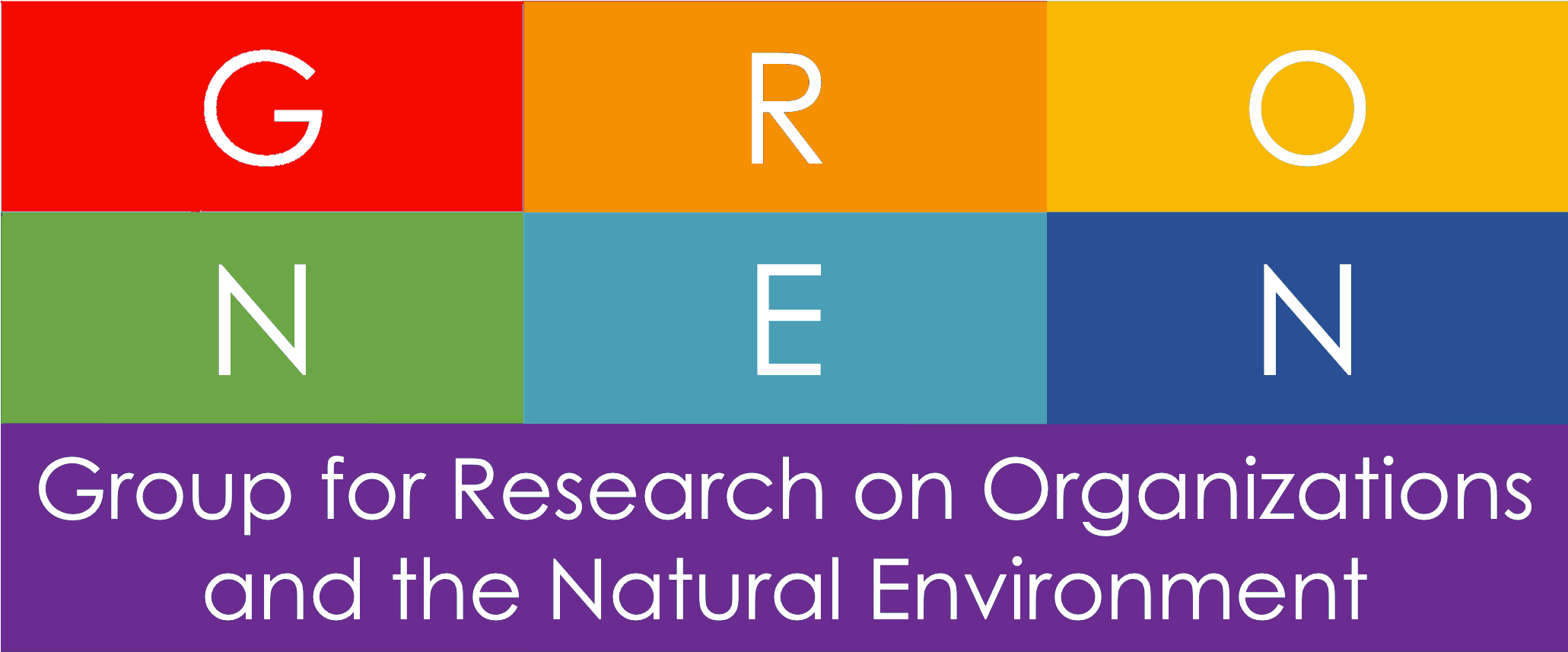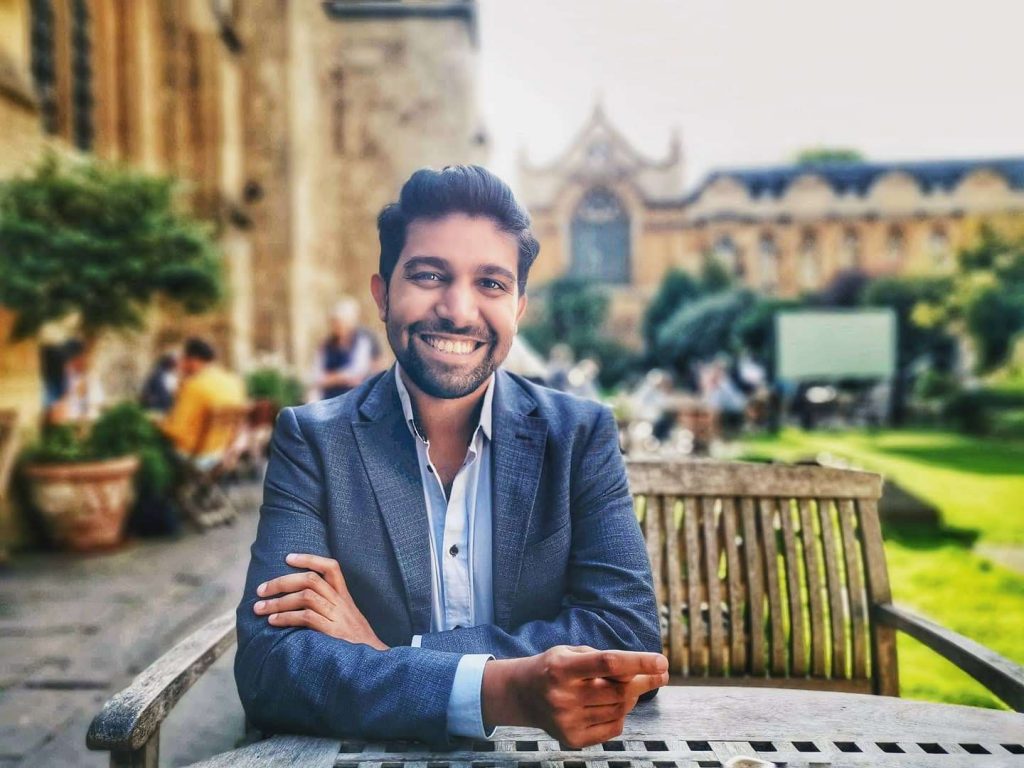
Truzaar Dordi’s PhD Story
Truzaar is a PhD candidate in the Sustainability Management program at the University of Waterloo. He has always enjoyed applications of transdisciplinary and systems thinking. Having had the opportunity to take a variety of courses in both economics and environmental management during his bachelor’s degree, he discovered limits to both paradigms which led him to complete a master’s degree focused on fossil fuel divestment.
His master’s research into this topic gave him the opportunity to explore the interconnectedness between economics and the environment. Citing divestment advocate Bill McKibben who said, “Money is the oxygen on which the fire of global warming burns,” Truzaar’s growing interest in this field naturally led him to undertake a PhD, which he has spent researching climate finance with Dr. Olaf Weber at the University of Waterloo in Canada.
Here is Truzaar’s story.
What inspired you to become a PhD student?
My passion for academia spurs from a deep-seated commitment to environmental stewardship. It has been profoundly enriching to be a part of such a rapidly evolving field of research and practice. Bridging finance and sustainability was largely dismissed by practitioners as little as ten years ago, and research on the topic remains underrepresented in leading finance journals. But the pace of change is astonishing. Specifically, there is a growing appetite for research on climate finance, driven by increasing recognition of climate change as a financial risk and opportunity. However, we are just at the beginning!
How would you summarize your research project in a short title?
My doctoral research, “Finance, Climate Risk, and the Low-Carbon Transition,” asserts that capital markets have historically been foundational in driving economic transformations and will be vital once again in the low-carbon transition. An effective mix of interventions will be critical in garnering support and driving carbon reduction.
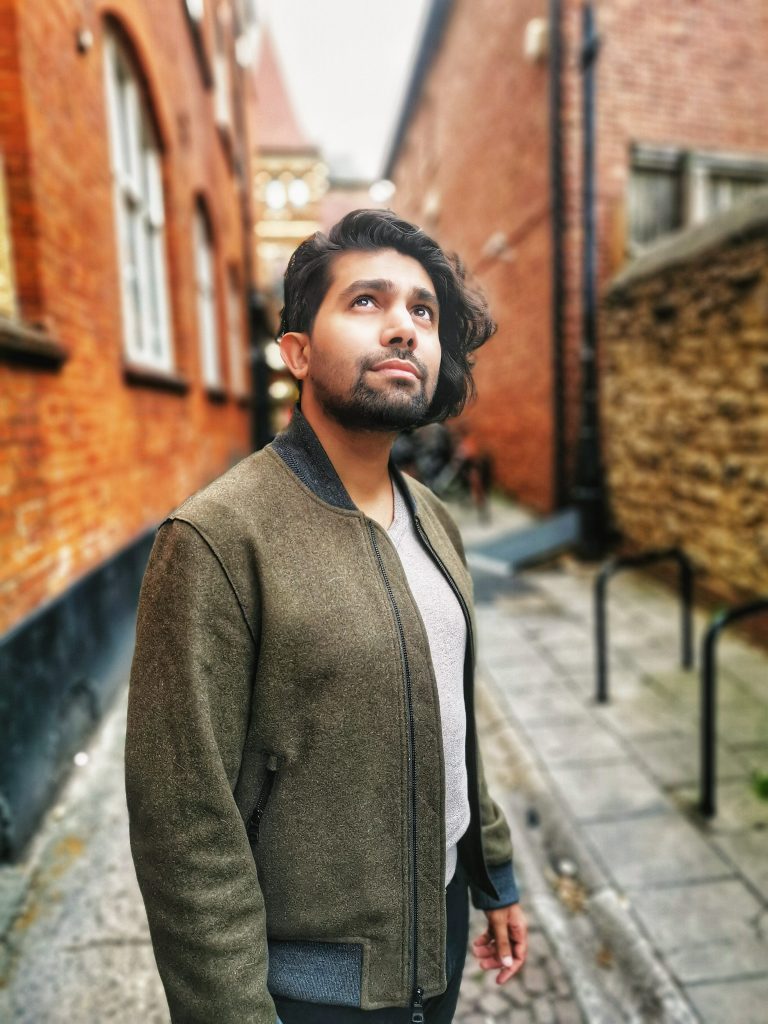
“My passion for academia spurs from a deep-seated commitment to environmental stewardship”
What are the top three highlights, professional skills, or other experiences you’ve had during your time as a PhD student?
I’ve been particularly proud of the opportunities I’ve had to bridge my academic research with practice.
Following my research on fossil fuel divestment, I have been a vocal advocate and trusted advisor to the University of Waterloo’s decarbonization campaign. I’m proud to have contributed to the landmark recommendation to shift the University’s two-billion dollar pension and endowment away from fossil fuel investments by 2025 and pursue full carbon neutrality by 2040.
I also serve as the vice president of a national academic organization, the Canadian Society for Ecological Economics, where we strive to build research and political capacity to address the systemic vulnerabilities of our current economic system. With CANSEE, I’ve had the opportunity to host several national conferences where we established partnerships between academics, industry, policymakers, NGOs, and changemakers to find ecologically mindful solutions to our societal and environmental challenges.
Through my PhD I have also made a deep-seated commitment to advancing sustainability pedagogy. I co-authored a business case with SAGE, which reconstructs Canadian pipeline negotiations through an in-class multi-stakeholder simulation. Our simulation has since been tested and run in graduate and undergraduate business, geography, and negotiation courses with over 400 students and I am now redeveloping the case into an undergraduate course.
In brief, what is the empirical method/context you are adopting in your thesis?
My research adopts a social network methodology to link major shareholders to corresponding fossil fuel holdings by geography, sensitivity, and ownership distribution, to identify stakeholders with potential exposure to asset stranding. I assert in this work that shareholders, lenders, and insurers alike can influence corporate governance to better align with climate ambitions.
Can you describe a “eureka moment” you might have had during your PhD?
Recognizing (and accepting) that you are a leading expert in your field is both an awakening and humbling experience. This acknowledgement allows us, as PhD candidates, to build the confidence to establish ourselves as peers with our faculty. Believe in yourself and your ability—and don’t let imposter syndrome hold you down!
What side projects, communities, or other initiatives are you involved with?
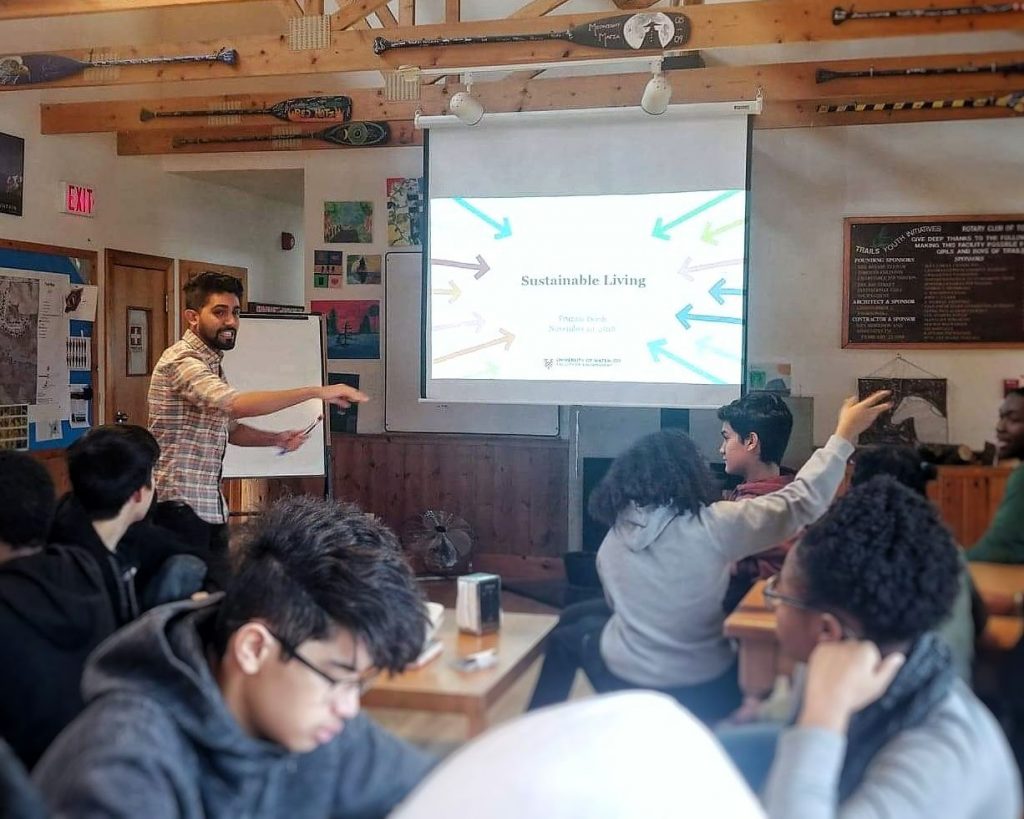
Beyond my service to the Canadian Society for Ecological Economics and to the divestment campaign, I also mentor high school students along their transition to post secondary school. I’m proud that my mentees have gone on to successful careers in healthcare, law enforcement, and the nonprofit sector and feel fortunate to continue to celebrate their successes.
What three tips would you offer to new PhD students in your field?
- Build meaningful partnerships with faculty and students alike. Complement your research strengths in literature, methods, modelling, or theory with individuals who reinforce your research capacities. Publish collaboratively and widely.
- Use your position and expertise to drive change on the ground. Contribute to movements you are passionate about as expert advisors, advocates, and changemakers. With just years to address our societal and environmental challenges, we as academics no longer have the privilege to disassociate our research from our impact.
- Apply for scholarships no matter how competitive or incapable you feel. The application process gets easier over time and small awards beget larger, more competitive awards.
What hobbies or interests do you enjoy outside of work?
I enjoy immersing myself in local cultures and contexts—to ‘live like a local’ as it were. I also enjoy hosting visitors in my city, and frequently offer (and enjoy participating in) walking tours to share and learn from our histories and offerings.
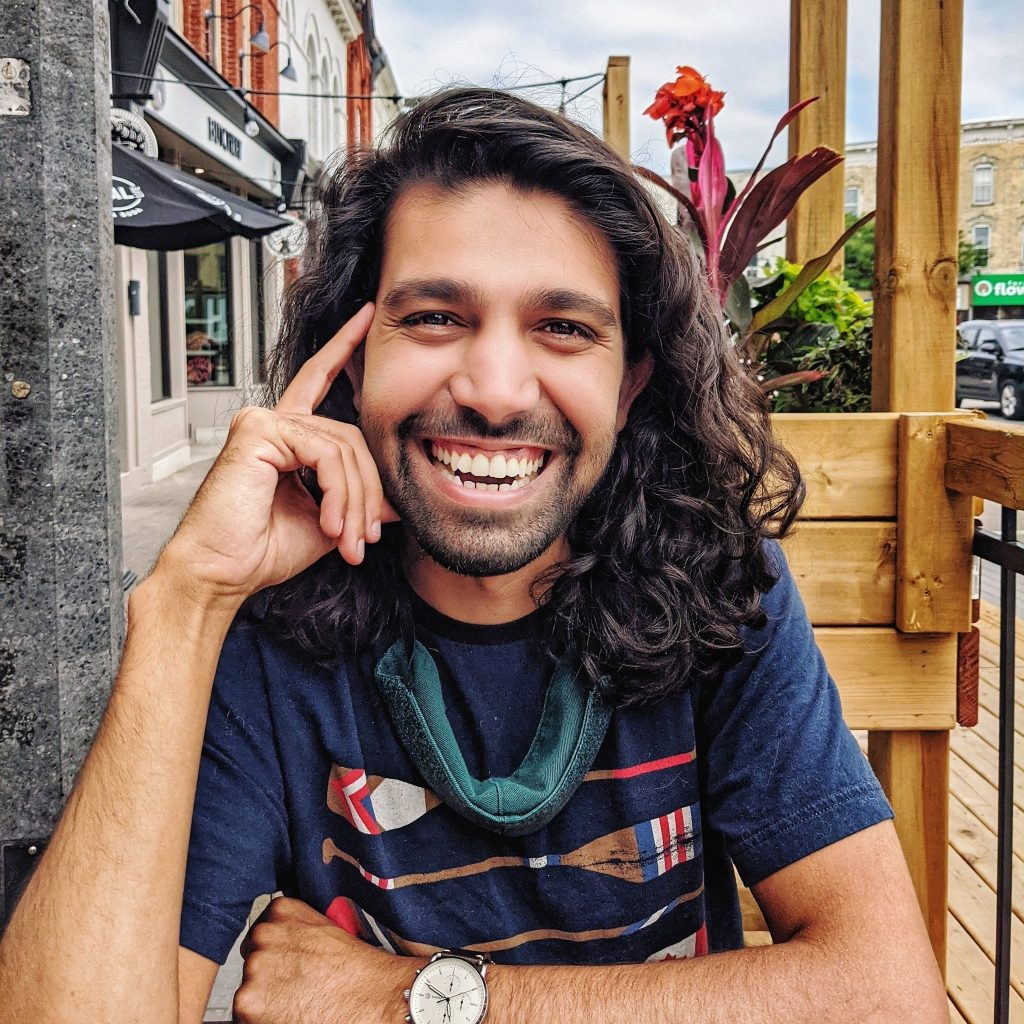
Believe in yourself and your ability—and don’t let imposter syndrome hold you down!
In one or two sentences, what does the GRONEN community mean to you?
The GRONEN community’s commitment to early-career researchers has been deeply valued over the pandemic. The Sustainability PhD community in particular has been a place of camaraderie over the pandemic, where I have met friends and peers that I will likely work with for decades ahead.
What’s next for you?
I am currently on the job market, seeking postdoctoral fellowships and assistant professorships in sustainable and climate finance, sustainability transitions, and energy policy. My long-term goal is to advance scholarship on the accelerated role capital markets must play to mitigate the worst impacts of climate change.
Contact
Truzaar is open to networking with new colleagues and can be reached by e-mail. You can also connect with him on LinkedIn, or follow him in Twitter.
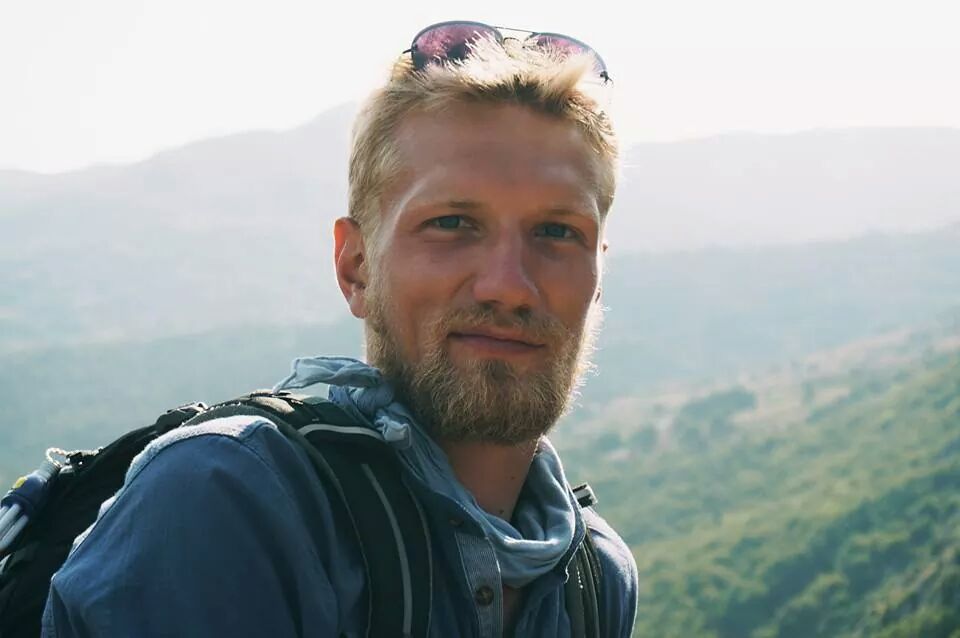
Ryan Johnson, PhD student in the Sustainability Management program at the University of Waterloo.
